LATEST NEWS


Playwright John Strand’s presentation of Antonin Scalia as not the “monster” his critics make him out to be may hold some truth, but it’s surely an incomplete one.
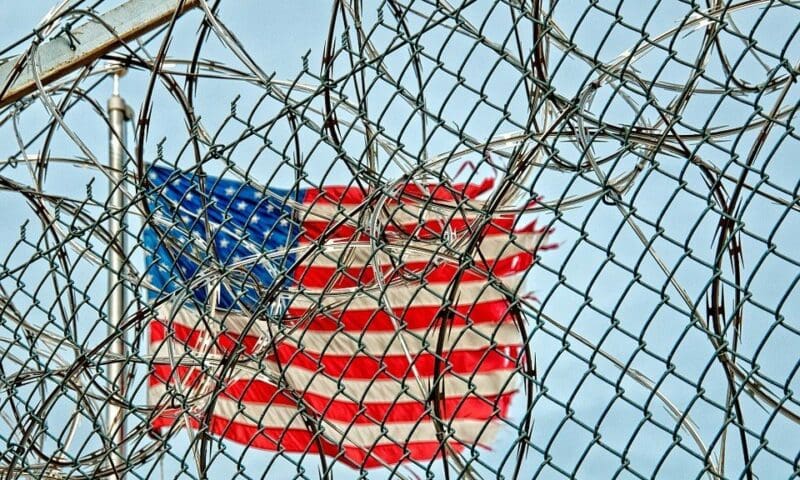
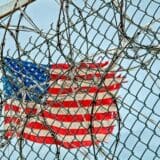
“The current cash bail system is the modern equivalent of a debtor’s prison,” says California State Senator Bob Hertzberg. “It criminalizes poverty, pure and simple.” BY JIM CROGAN
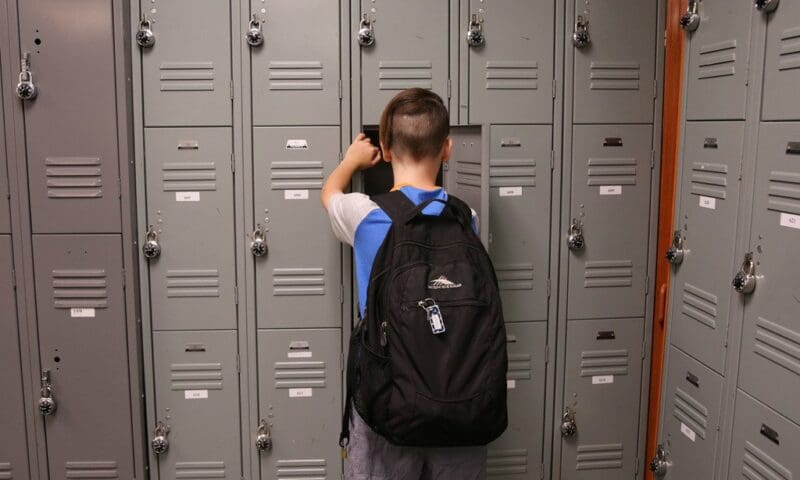

A state report has criticized Alliance College-Ready Public Schools’ compliance level with federal student privacy rules during an anti-union campaign. BY BILL RADEN
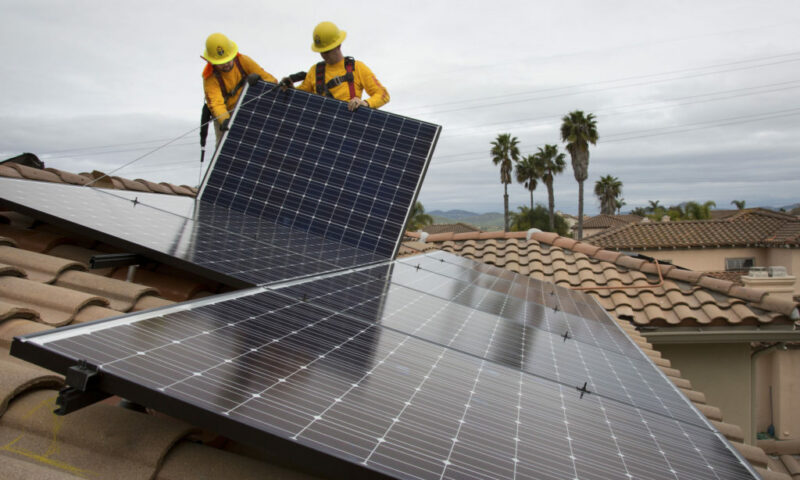

Co-published by Slate
Solar-panel installers workers are riding a “solarcoaster” — joining an industry that has provided jobs and opportunity to tens of thousands of workers — while also raising concerns about how fairly workers in a fast-growing, Wall Street-fueled industry are being treated.
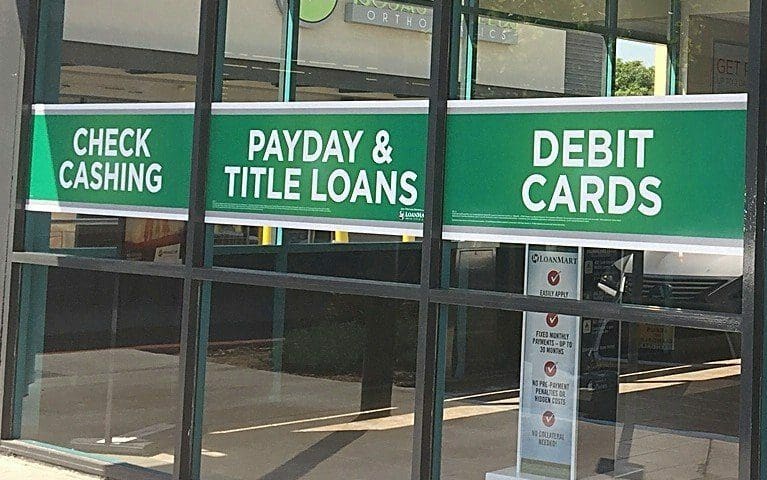

Everyone struggles with what appear to be questionable overdraft fees, along with hidden credit card and cellphone fees. But low-income communities are particularly targeted for predatory practices.


A new study shows that tax dollars have been used to create privately held real estate empires — charter school properties that, because they aren’t owned by the public, could, theoretically, one day be converted into luxury condominiums or shopping complexes.
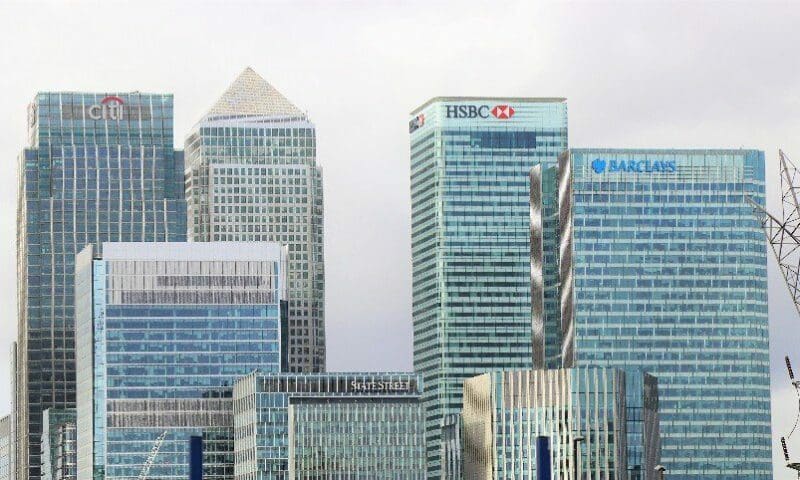
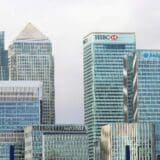
With the failings of large banks in the news, Capital & Main assembled a panel of bankers and advocates last week to discuss an alternative vision for an industry that affects the lives of nearly everyone in the country — at a time when the Republican Congress is stripping away consumer protections at every turn.


Racial incidents have exploded recently because white and mainstream prejudice has been contained under the line of vision for several decades, and now the lid’s off.
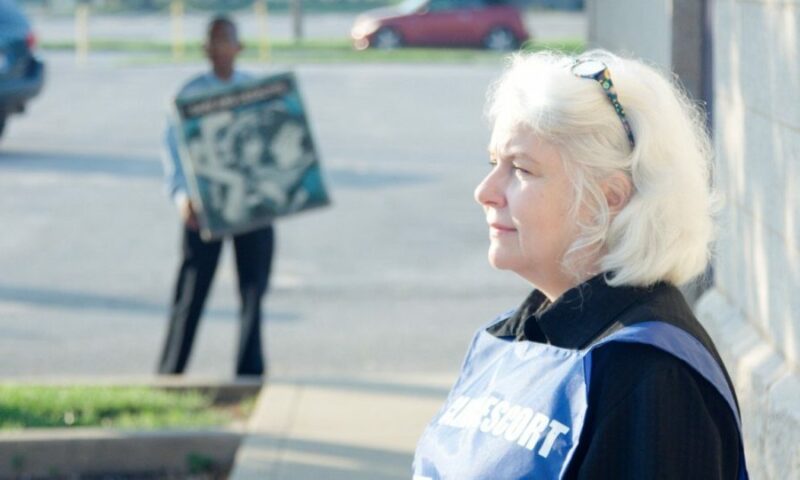
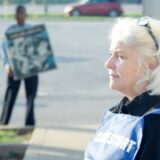
Tracy Droz Tragos’ documentary, Abortion: Stories Women Tell could be pared down, but it is often powerful and the struggles of the women it depicts are not easily forgotten.
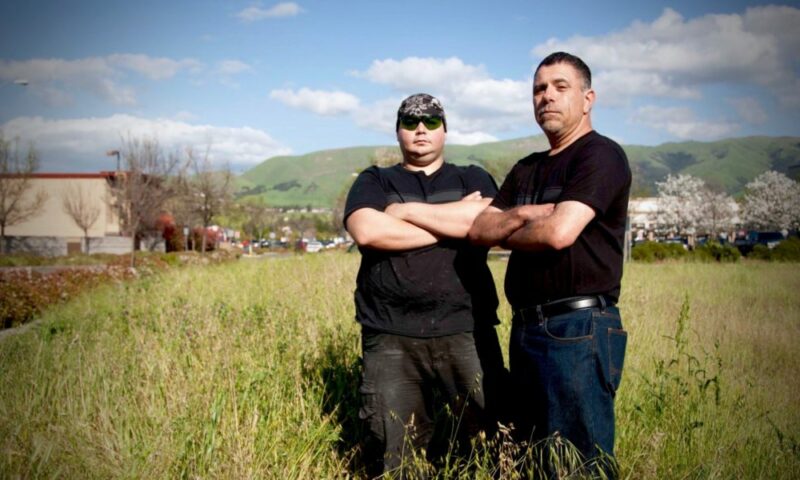
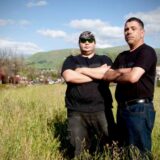
Co-published by The American Prospect
Although its products epitomize the future, assembly line workers say Tesla’s labor conditions are mired in the past. BY DAVID DAYEN


Co-published by Grist
Last fall Valero, the Texas-based petroleum giant, asked a small refinery town in Northern California to approve a huge crude-by-rail project. The city council of Benicia, however, had other ideas.
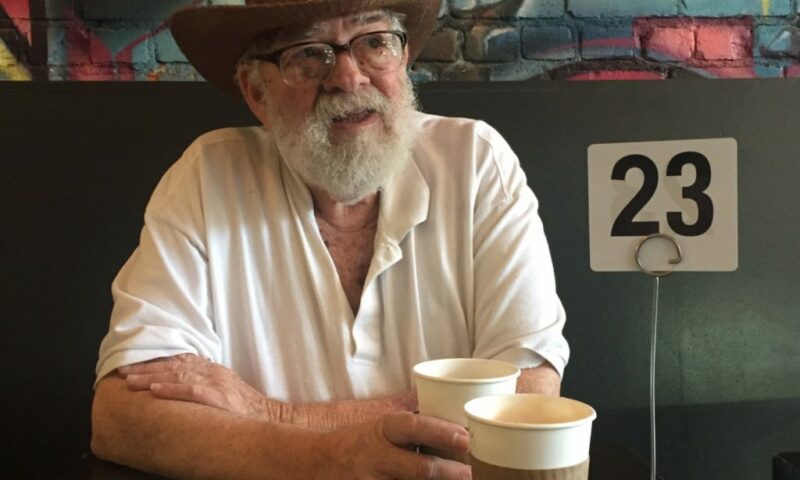
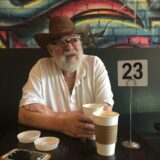
Lionel Rolfe steps gingerly into the Musso & Frank Grill, his bespectacled gaze searching the landmark Hollywood eatery – but not for former regulars like Charles Bukowski, Gore Vidal or Rolfe’s friend, Life magazine photographer Phil Stern. They’ve left this room forever.
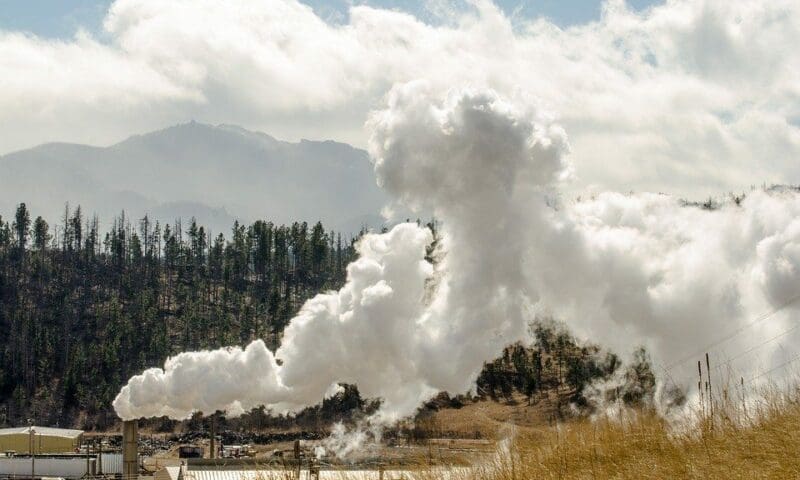

Some experts argue that private-sector efforts to stop climate change have penetrated too deeply into the business world, and claimed too much capital, to be thwarted by any single federal administration.
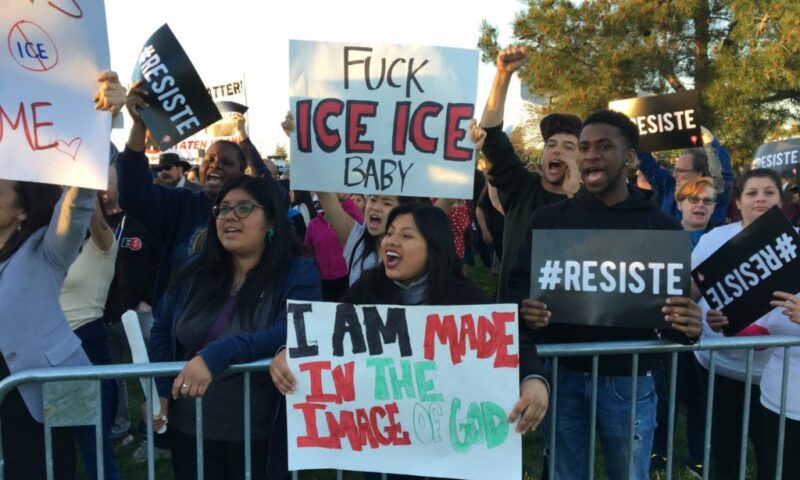

Last Friday, the Sheriff of Sacramento County, Scott Jones, announced that he would host a community forum with Thomas Homan, the acting director of Immigration and Customs Enforcement (ICE).
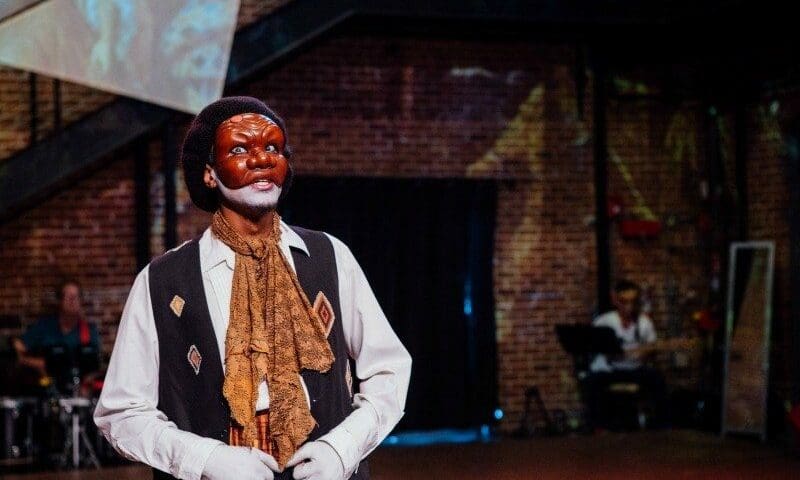
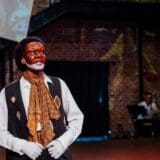
Writer/director Tim Robbins’ Harlequino: On to Freedom at the Actors’ Gang is a messy, boisterous show whose message about personal freedom and self-determination comes through simply and clearly.


Like many Southern cities, Clinton, Mississippi, bears the scars of American slavery. A road cutting through the city’s center marks a key route used by slave traders in the decades before the Civil War.
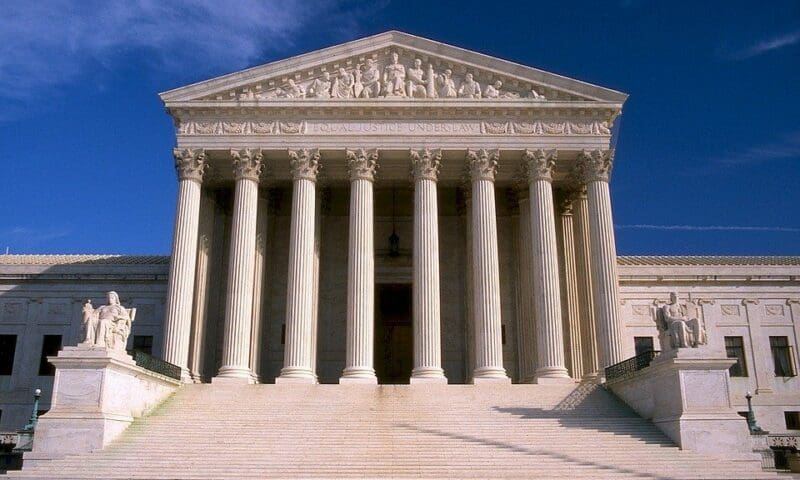

Supreme Court nominee Neil Gorsuch emerged Wednesday from his third day of confirmation hearings by the Senate Judiciary Committee relatively unbloodied by relentless grilling from Democrats.
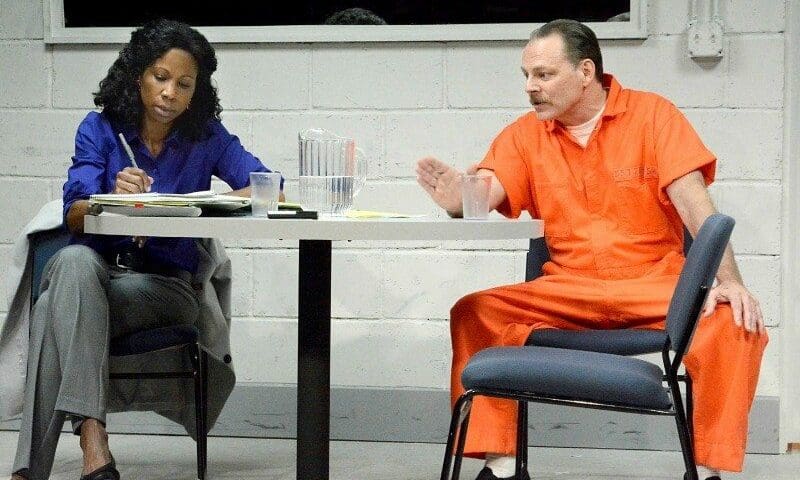
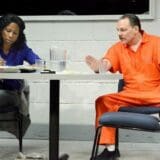
Building the Wall, billed as an urgent call to action, aims to alert people to the ominous stirrings of fascism in the United States. But its heavy-handed polemics and a flawed production run counter to its purpose.
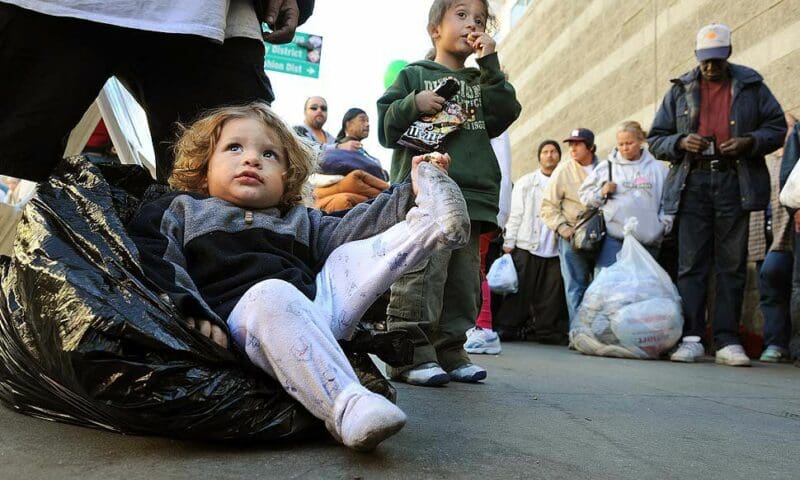
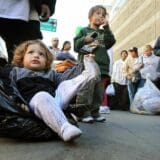
Although it took nearly two weeks to tally the votes from the March 7 election, Los Angeles County ballot Measure H has officially achieved the 69 percent vote supermajority needed to pass a half-cent sales tax hike.
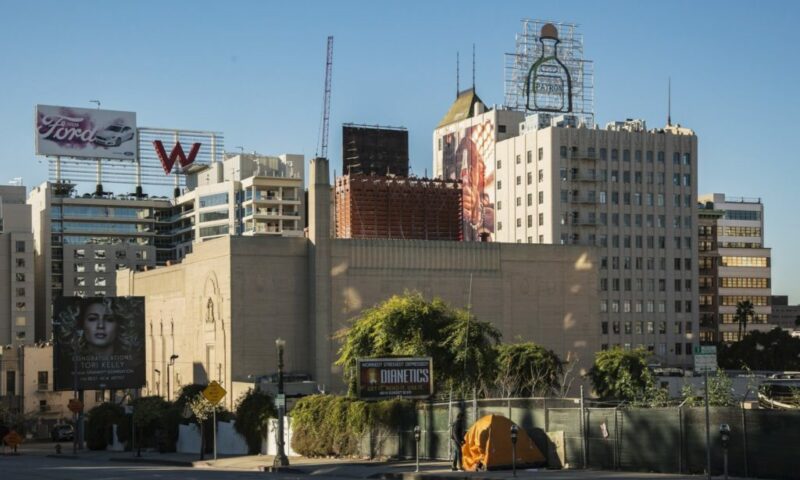

California’s housing predicament has been at critical mass for a long time – on any given night there are 47,000 homeless people living on L.A. County streets.